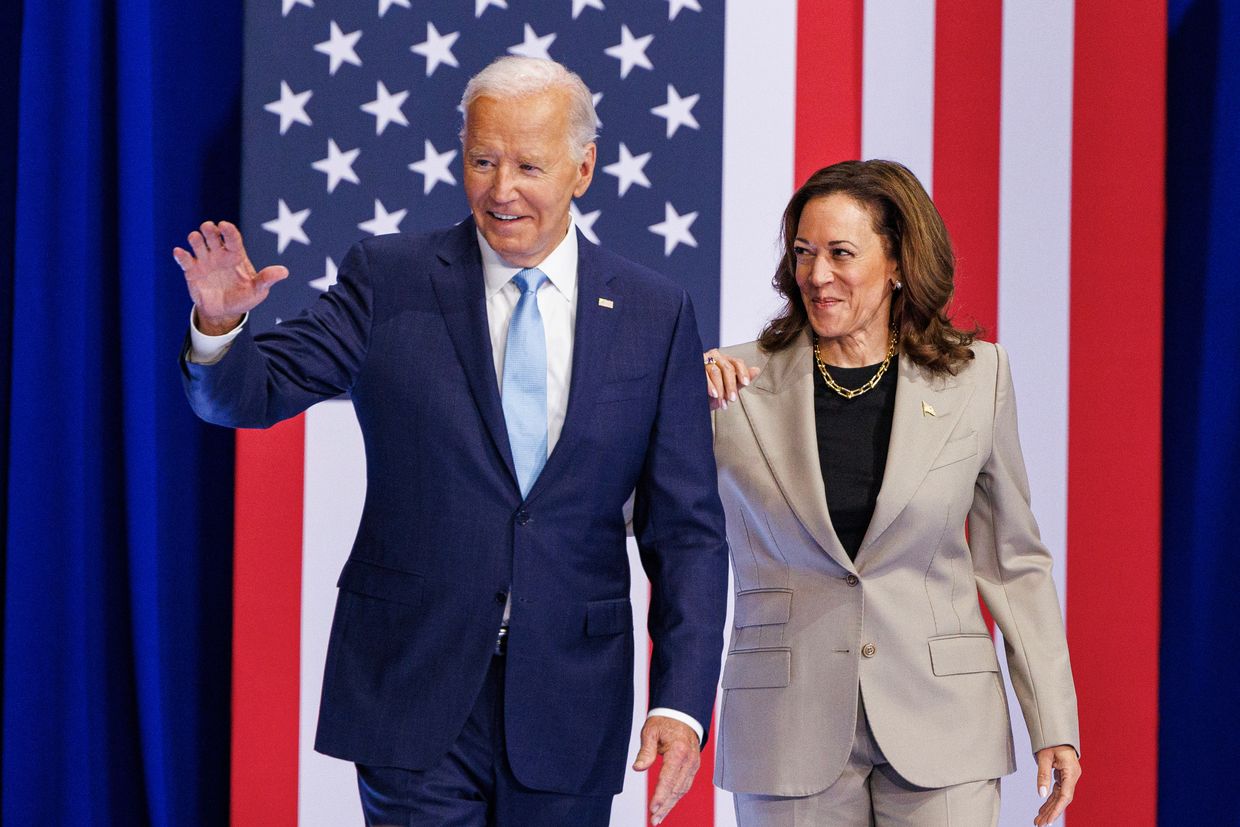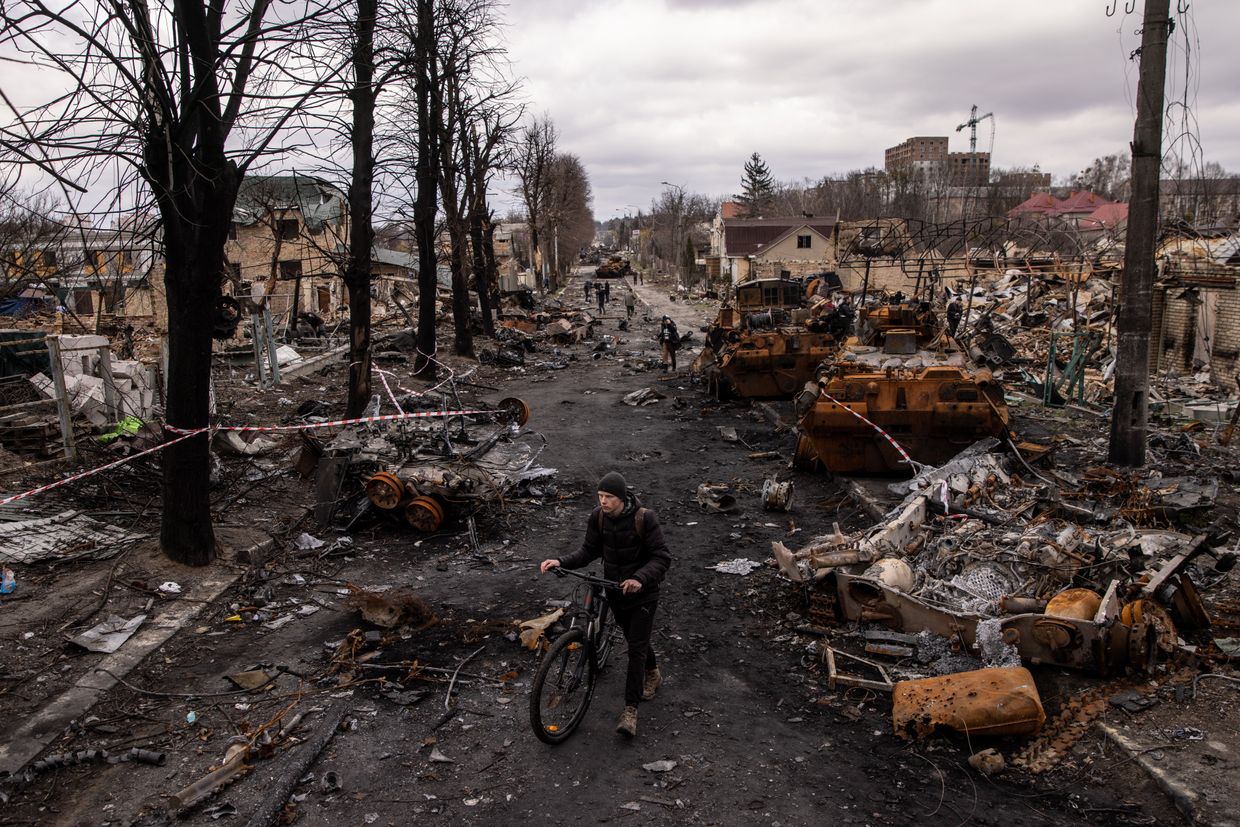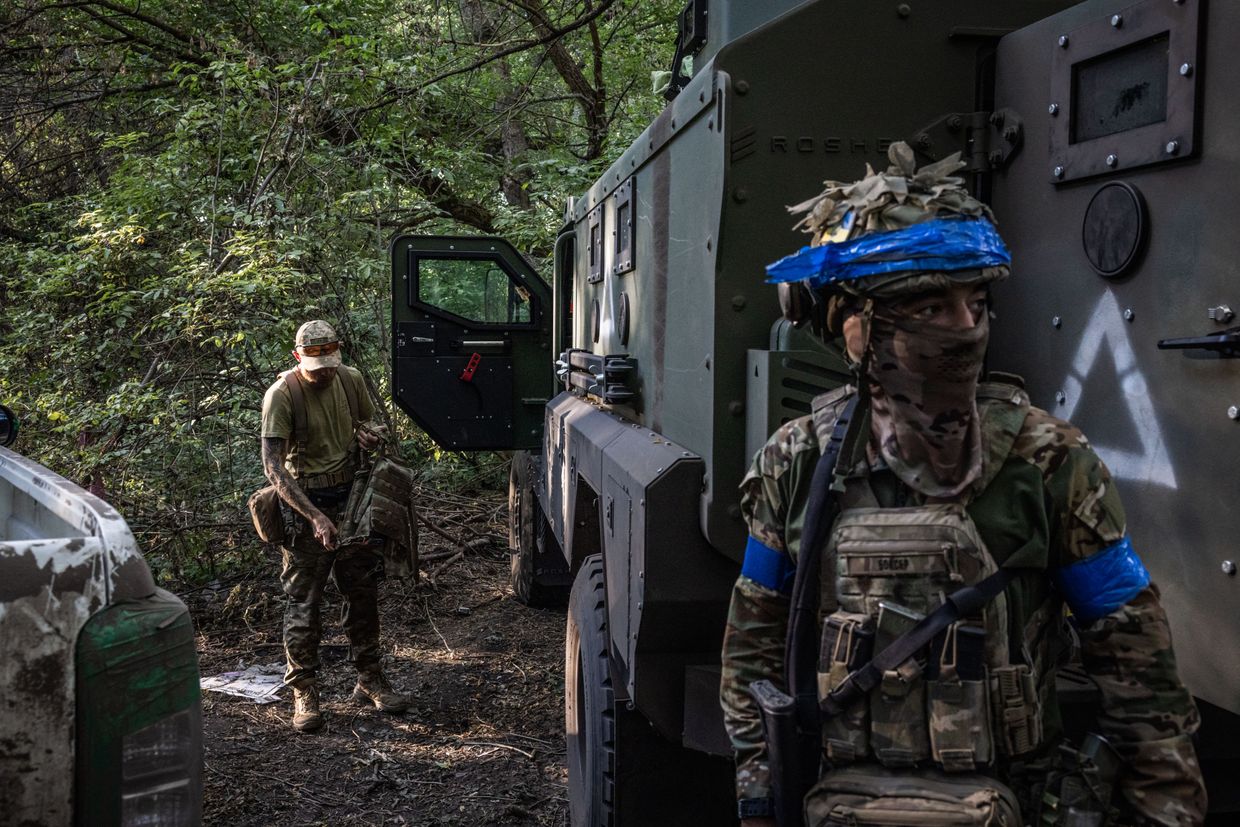A film about Russian soldiers taking part in the war against Ukraine was recently presented at the Venice Film Festival. The film portrays ordinary people who care about their families, joke, and have doubts, fears, and dreams. Some fight to avenge a fallen comrade, some just to make money, while others have no idea what they’re risking their lives for. Spoiler: We don’t see a Russian army killing, raping, robbing, or abducting people.
The film’s director, Anastasia Trofimova, openly states that Western media is oversaturated with reports of Russian war crimes, and she wanted to show "the true human stories they’re made of." The film’s ambitious goal is to help Russia and the West "see each other."
But if that’s the case, the film should also ask why Russia has been constantly at war for decades – in Chechnya, Georgia, Syria, Mali, Libya, and Ukraine. Why does the Russian army follow the "same war crime playbook," as the Russian human rights organization Memorial aptly puts it, in each of these conflicts?
After all, it’s not just Russian President Vladimir Putin committing atrocities in Ukraine and beyond – it’s these same ordinary Russians.
The film echoes Russian propaganda, yet it lacks any critical reflection. One character deliberately states that Ukrainians are Nazis – an idea we’ve heard countless times before, widely spread by Russian media, including the state channel Russia Today (RT), for which Trofimova has previously directed a series of documentaries.
“Denazification,” as declared by Putin, was the supposed goal of Russia’s so-called "special military operation." In reality, it’s just a rhetorical device to justify subjugating or annihilating Ukrainians who resist the “Russian World.”

Even before the full-scale invasion in 2022, Russia’s powerful propaganda machine was hard at work portraying Ukraine as a stronghold of modern-day fascism – a baseless claim with no grounding in reality. These narratives are spread not only in Russia but also in the Ukrainian territories under Russian control, including parts of Donetsk and Luhansk oblasts, which have been occupied for more than a decade.
By February 2022, Russian state media had firmly entrenched the false narrative: Ukraine, its leadership, and all Ukrainians who identify with the Ukrainian nation were branded as “Nazis,” “worms,” and “Satanists.” Ukrainians are depicted as Russophobes devoid of morals, allegedly committing genocide against Russians and Russian speakers in Ukraine.
These dehumanizing stories are meticulously crafted by the Russian presidential administration and spread through state-aligned media, bot farms, and key propagandists like Margarita Simonyan, Vladimir Solovyov, and Olga Skabeeva.
This rhetoric mirrors the hate speech blueprint used by Nazi propagandists during the Holocaust and has been refined in more recent genocides, such as those in Rwanda, the former Yugoslavia, and Myanmar.
Just as the radio hosts of Radio Télévision Libre des Mille Collines likened Tutsis to cockroaches during the Rwandan genocide, Russia’s Solovyov, who has hours of daily airtime on state television and his own YouTube channel, compared Russia’s military actions in Ukraine to the deworming of a cat. In this grotesque analogy, Ukraine is the cat, Ukrainians are the worms, and Russia is the doctor administering the “cure.”

This relentless hate speech campaign has done more than distort the truth – it has dehumanized Ukrainians in the eyes of millions of Russians, including soldiers who are literally hunting for “Nazis” in occupied Ukrainian territories.
This dehumanization has normalized and justified brutal violence, from atrocities committed against civilians in Bucha, Kherson, and Izium to the creation of “filtration camps” around Mariupol.
These camps detain and interrogate Ukrainians for any signs of loyalty to their homeland. Those who fail the “filtration” process are imprisoned, forcibly transferred to Russia, or worse. Russian forces have also targeted schools, hospitals, and energy infrastructure, committing crimes that would be unthinkable without the propaganda portraying Ukrainians as less than human.
Hate speech now saturates not only Russian media but also the very ethos of its war machine. The systemic dehumanization of Ukrainians has created a culture of impunity, where Russian soldiers feel justified in committing war crimes, from conflict-related sexual violence and torture to indiscriminate bombings of civilian targets, like the recent attack on a children’s oncology hospital in Kyiv – Ohmatdyt.
In response, a coalition of NGOs, including the International Federation for Human Rights and the Center for Civil Liberties, has submitted a formal communication to the International Criminal Court’s (ICC) prosecutor. It calls for an investigation into six prominent Russian propagandists, including Solovyov, Simonyan, Sergei Mardan, and former Russian President Dmitry Medvedev.

The communication underscores the role of aggressive, dehumanizing rhetoric in inciting violence and crimes against humanity. It urges the international community to take a stronger stance against hate speech, especially when it incites violence as part of a broader campaign of systematic discrimination.
This call for accountability highlights a gap in international law: Hate speech, despite its role in inciting violence and dehumanizing victims, is not explicitly covered under Article 7 of the Rome Statute, which defines crimes against humanity.
This glaring omission – particularly given that most states, including Ukraine and Russia, have criminalized hate speech domestically – must be addressed at the international level. Hate speech, especially when it incites systematic violence or dehumanizes a group, should be explicitly recognized as a crime against humanity. The international legal framework must evolve to include mechanisms for prosecuting those who incite violence through aggressive rhetoric.
The failure to regulate propaganda and hate speech has created an environment where mass atrocities can flourish unchecked, especially with the rise of media platforms like Telegram and X, which operate at the whim of their owners. It’s no longer enough to dismiss such speech as mere disinformation or to rely on name-and-shame tactics. The international community must actively work to curb the spread of hate speech, especially across borders, where it has the potential to fuel violence.
This could be achieved through stricter regulation and prosecution of hate speech on both national and international levels. The global response to Russia’s propaganda machine must go beyond condemning disinformation – it must dismantle the legal and institutional structures that allow such dangerous rhetoric to thrive.
Words matter. This truth comes into sharp focus in “Peaceful People,” a film by Oksana Karpovych that wasn’t screened at the Venice Film Festival. Based on intercepted conversations between Russian soldiers and their families, the film also portrays Russians fighting in the war as ordinary people who call home to discuss their concerns. However, through the "fog of war," the film reveals a starkly different reality.
Editor’s Note: The opinions expressed in the op-ed section are those of the authors and do not purport to reflect the views of the Kyiv Independent or the authors' respective institutions.












